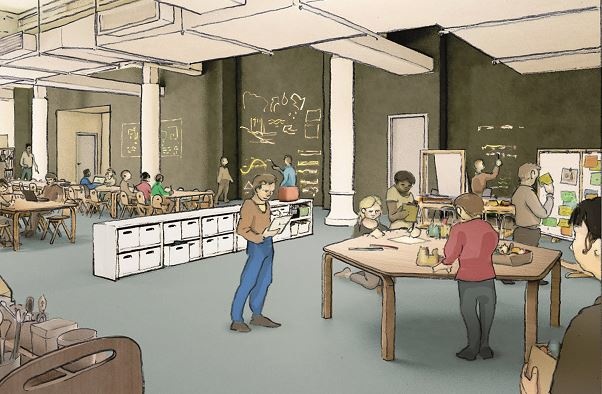
micro-schools are a very different vision of what school can be; tiny and human-scale attended by fewer than 150 pupils; often one-room schools with mixed-age classrooms; invariably founded by outsiders interested in small batch experimentation in innovative pedagogies. And they’re springing up all over the world.
It’s a story that should catch the eye of every educator, non-educator and parent in possession of even the slightest hint of the entrepreneurial spirit, because if the economic theory of disruptive innovation is correct, this little revolution could have a significant impact.
The Lean School Start-Up
“We’re running lean,” says Jake Thompson, founder of Heroes Academy. “Everything to get us to day one cost $27,000. And with 10 pupils on roll, I’m already at breakeven,”
Heroes Academy epitomises the lean start-up trope so familiar to Silicon Valley’s tech entrepreneur scene; start small - test and fail fast - gain customer insight - iterate - improve. It is exactly that path that founder Thompson has taken with Heroes Academy - his own version of Acton Academy, a rapidly expanding global micro-school network of 80 start-up schools.
‘There are so many theories out there in education that I know so little about,” says Thompson. “But I do know how to test and how to iterate. We’re testing thousands of different things. There’s no dialled-in strategy. We’re trying to gather great information – bringing in great ideas and testing them.”
Set in a 2000sqft office space in a leafy midtown business park and close to outdoor space, Heroes Academy’s open plan space can accommodate up to 20 pupils in a mixed-age environment. Rent is an affordable $2500 a month and Thompson has kept the lease purposely short, confident that he will outgrow the space within two years.